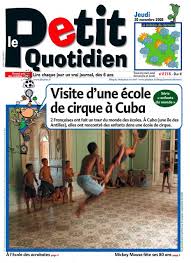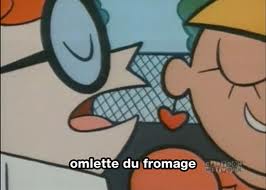Learning French Through YouTube
Christmas is over and the new year has begun. As we rekindle last year’s failed resolutions to try to become more productive, why not try to turn a bad habit into a good habit?
I love YouTube for all of its counter-productive qualities, but why not turn those shameful YouTube binges into something more productive? Many of us are guilty of spending countless hours on YouTube watching everything from Harlem Shake renditions and twerking choreography to other shorts such as Marcel the Shell with Shoes On.
But believe or not, there are some really awesome YouTube channels for learning– and I mean learning for almost everything.
Maybe after you watch some Nyancat or Jenna Marble’s weekly Wednesday video, you could try out these two channels:
Learn French with Vincent
Vincent is a great guy that posts awesome videos teaching vocabulary, useful phrases, and French grammar. He seems to cover everything so far. I often sift through his grammar videos to learn new mechanics and reinforce whatever the heck my French teacher was talking about that I didn’t understand because… you know, she said it in French. I think this guy’s love of teaching language rather than profit shines through in these videos. I do a lot of my language learning with this channel, especially when I want grammar and review.
And trust me, there is PLENTY of material. He has posted over 200,ooo videos! And if English isn’t your native language, n’inquitéz pas (don’t worry) ! Either he, his friends, or his fans have converted them to cater to native speakers of German, Portuguese, Arabic… the list goes on.
Extra French avec sous-titres
These are videos of an some old Discovery education series. I have no idea who uploaded these, but they’re awesome for several reasons. If you’re a beginner looking to reinforce the basics that you’ve learned, then you must watch these. In addition, the acting is god-awful and the writing is even worse, but honestly, it makes them that much more fun to watch.
It’s kind of like French version of “Friends” except… bad. But it’s in French!
You can tell whoever wrote this series was very intentional. They are good at implementing basic vocabulary, grammar, and repetition for reinforcement. Honestly, I wish more series likes this existed for language learning.
For more resources, check out my previous post here.
Are any of you learning a language at the moment? If so, which one and what have you found helpful?






